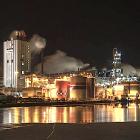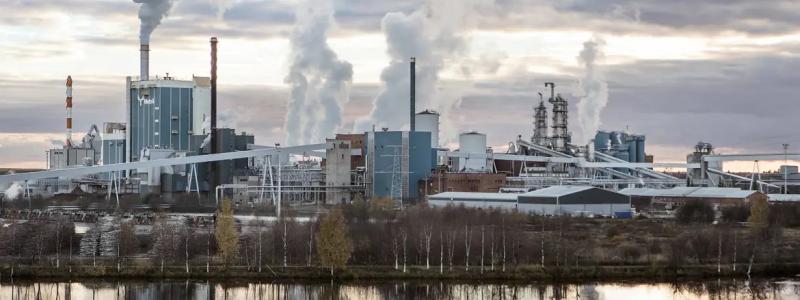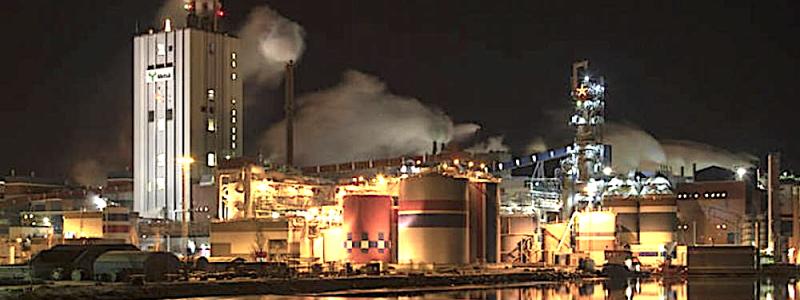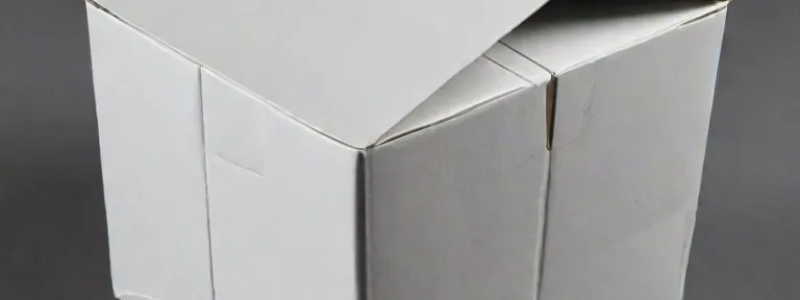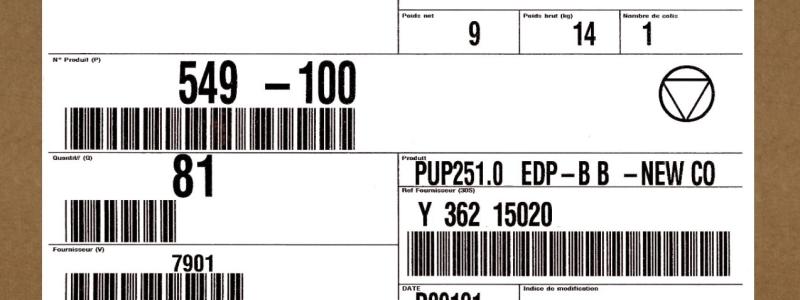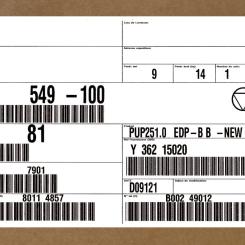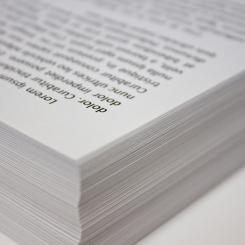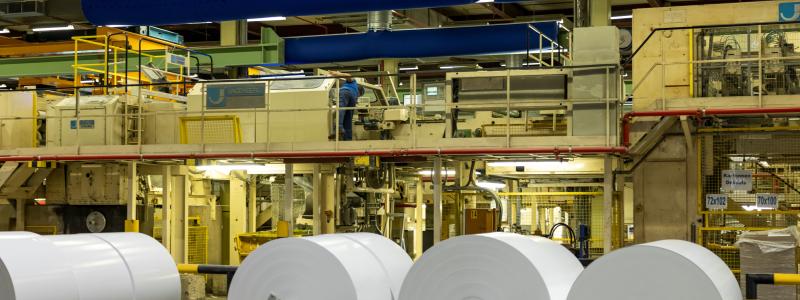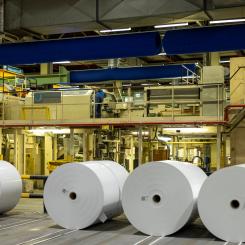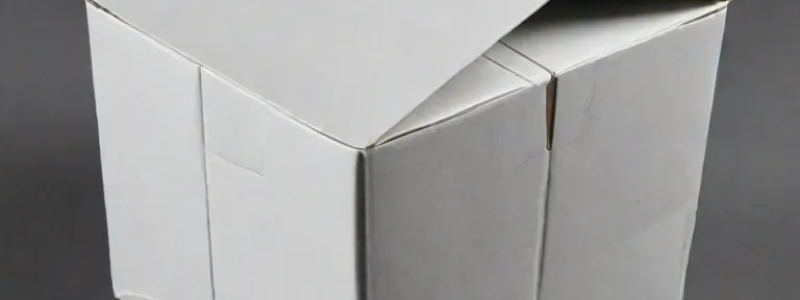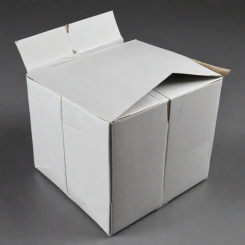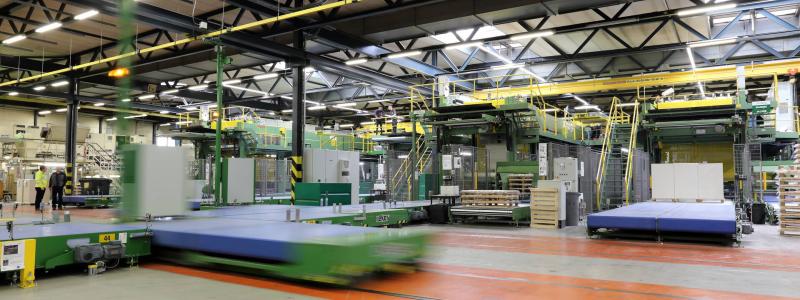The new US federal program BCAP is intended to increase the supply of woody biomass. In an effort to increase the usage of renewable energy, the US government has implemented a new program, called BCAP, which will subsidize the collection of biomass in 2010 and 2011. Over 500 million dollars has been allocated for the first three months of 2010. There is much uncertainty about how much additional biomass will actually enter the market as a result of the program.
The Biomass Crop Assistance Program (BCAP), a new federal program in the US that is intended to increase the usage of renewable energy by covering some of the costs related to the collection of woody biomass and agricultural residues, has been in effect for a few months and has created much interest, as well as confusion, within the forest industry.
As of yet it has not been determined how much funding the program could have for 2010. So far, $517 million has been allocated for the period January 1 through March 31, 2010. Other questions include: whether or not the program will be extended after two years, which biomass categories (e.g. black liquor) will be eligible and how wood fibre costs for pulp mills and composite board mills may be impacted.
There have been loud protests from both North American and European forest industry organizations who are concerned that the BCAP program will unfairly favour US energy companies and that sawdust and wood chip costs will go up as the result of the program.
It may very well be that in the end, the BCAP program will not add as much biomass to the market as was intended. In fact, most of the biomass supply that will enter the market in the coming years would likely have been available even without the subsidy. The only difference is that biomass consumer may benefit from lower fibre costs and suppliers will increase their profits from the sales of forest and agricultural residues.
Source: Wood Resources International LLC




